You might think Christmas is all about festive joy but it turns out that, depending on where you are, it could also come with some truly peculiar legal quirks. From ancient Puritan bans to modern workplace mandates, these 13 odd Christmas laws blend historical tradition, safety concerns, and cultural values in surprising ways. This isn’t your run-of-the-mill “tidy up your tree” advice each of these regulations can have real consequences if you’re not prepared. In this guide, we don’t just list them, we explore what they mean, how to comply, what’s involved, and why they exist, backed by credible sources. Whether you’re an international traveler, curious citizen, or festive planner, you’ll find something new and surprisingly useful here. Let’s unwrap these festive oddities not with sugarcoating, but with clarity, usefulness, and a dash of holiday charm.
1. Ban on Christmas in Massachusetts Bay (1659 to 1681)
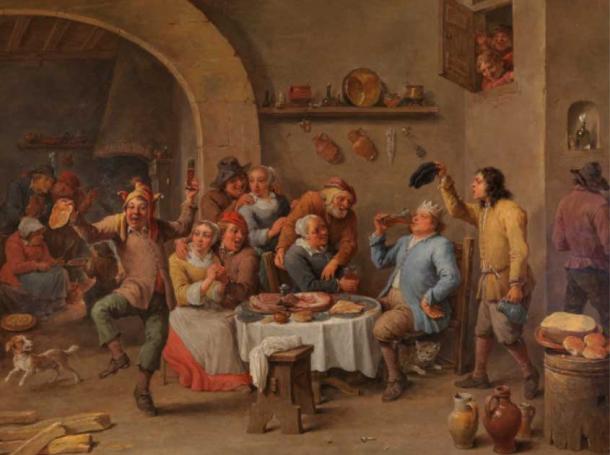
In 1659, the Puritan leaders of Massachusetts outlawed Christmas celebrations, arguing that they promoted sinful behavior and idleness. Anyone caught celebrating or even missing work on December 25 was fined five shillings, a significant amount at the time. To comply with this law back then, people had to treat Christmas like any other working day and avoid festivities, decorations, or gatherings. The ban lasted until 1681, when public pressure finally overturned it. The rule highlights the Puritan desire for strict discipline and productivity. This law shows how cultural and religious views can directly shape society and even holidays.
2. England’s Early Christmas Ban (1644 to 1660)
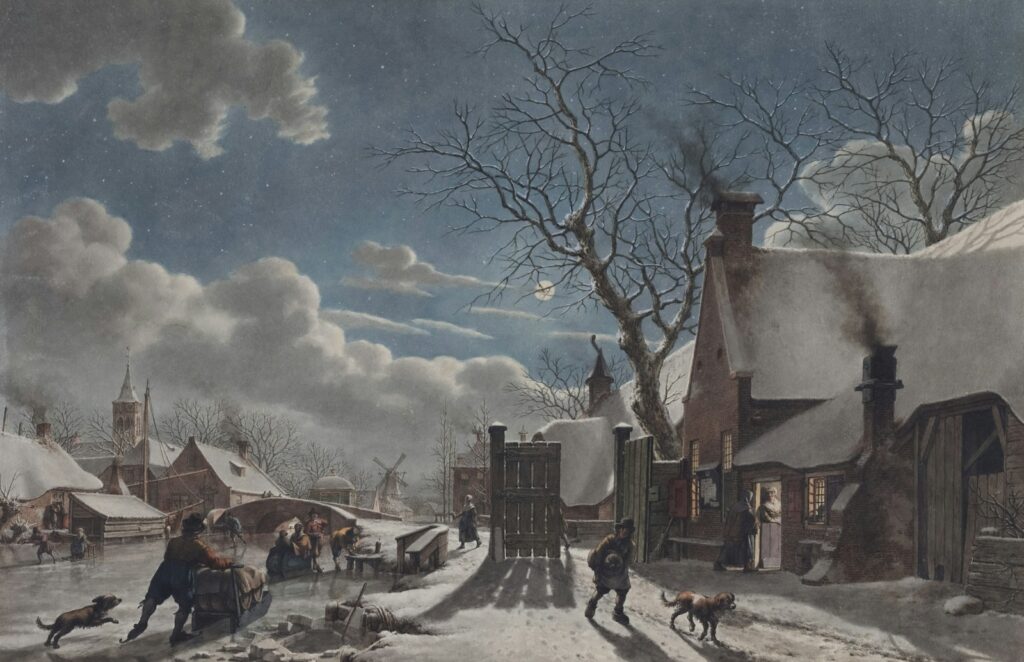
England once outlawed Christmas celebrations under Puritan influence. In 1644, Parliament declared December 25 a day of fasting rather than feasting. Public gatherings, festive meals, and even church services marking Christmas were prohibited until the monarchy was restored in 1660. To follow this rule, people were expected to avoid decorating, feasting, or celebrating in any visible way. For more than 15 years, Christmas essentially disappeared from English public life. This law reveals how governments sometimes enforce austerity during times of political and religious upheaval. It remains one of the most unusual holiday restrictions in European history.
3. Arkansas Debts Due One Day Early
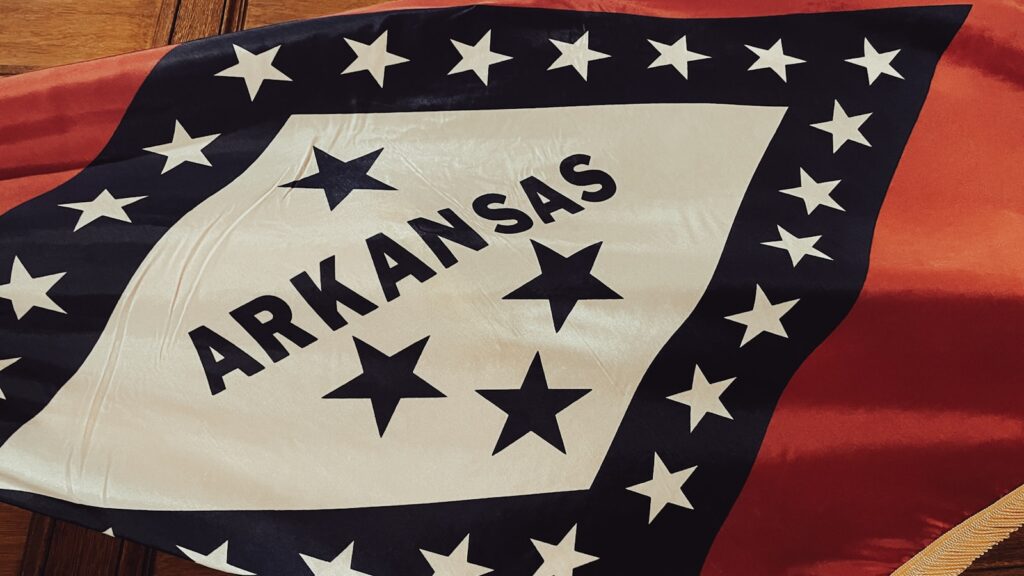
In 1838, Arkansas passed a law requiring debts due on December 25 to be paid the day before, on Christmas Eve. The intent was to avoid financial transactions on a holiday when banks and offices were closed. To comply today, debtors had to prepare in advance and ensure payments were ready by December 24. The process was simple but required planning and reminders. This law was designed to prevent financial confusion, protect businesses, and maintain order. It highlights how even practical financial concerns can shape unusual holiday rules that impact everyday life.
4. Louisiana Christmas Day Grace Period
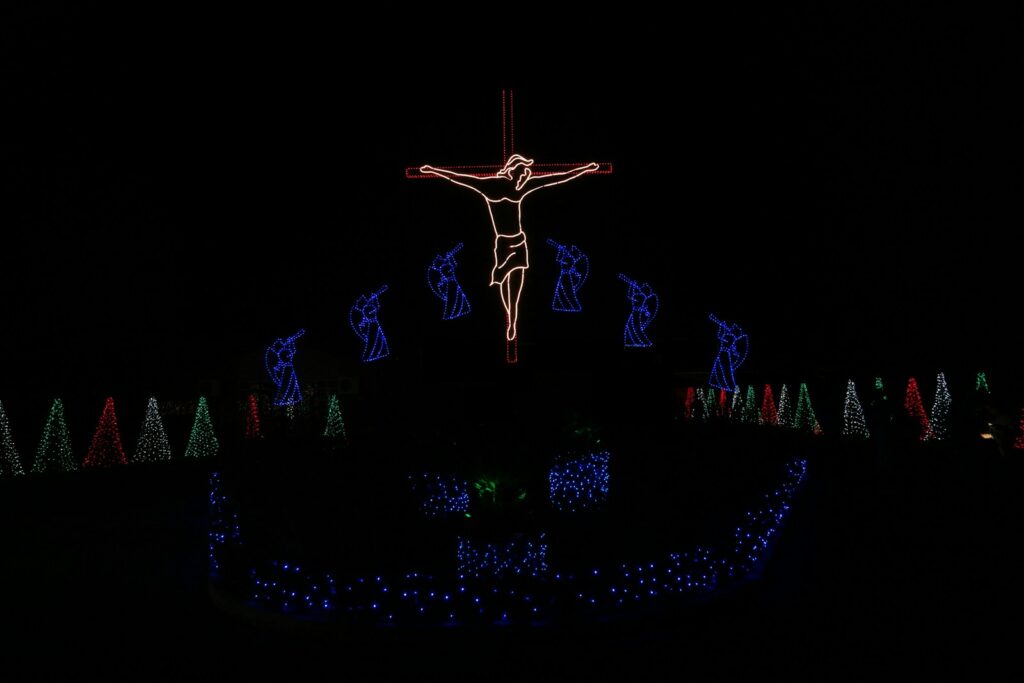
Louisiana took the opposite approach of Arkansas. In 1837, the state declared that any debt due on December 25 could instead be paid on December 26. This one-day grace period gave debtors more flexibility and reduced stress around holiday deadlines. To comply, one simply had to process payments on the following day without fear of penalty or late fees. The rule encouraged goodwill and prevented holiday disputes. It required no special resources other than scheduling payments. The law reflects Louisiana’s distinctive legal traditions and emphasis on easing burdens during festive seasons.
5. Mexico’s Aguinaldo Bonus Law

In Mexico, employers are legally required to pay workers a Christmas bonus called the “aguinaldo” no later than December 20. The amount is typically equal to at least 15 days of wages. To comply, employers must calculate, prepare, and distribute bonuses before the deadline or risk heavy fines. Workers need nothing more than a valid employment agreement to claim it. The bonus provides financial relief during the holidays, boosting morale and supporting household spending. It improves worker satisfaction and stimulates the economy. This law demonstrates how governments can use regulation to ensure fairness and social welfare.
6. No Natural Trees in Certain Buildings
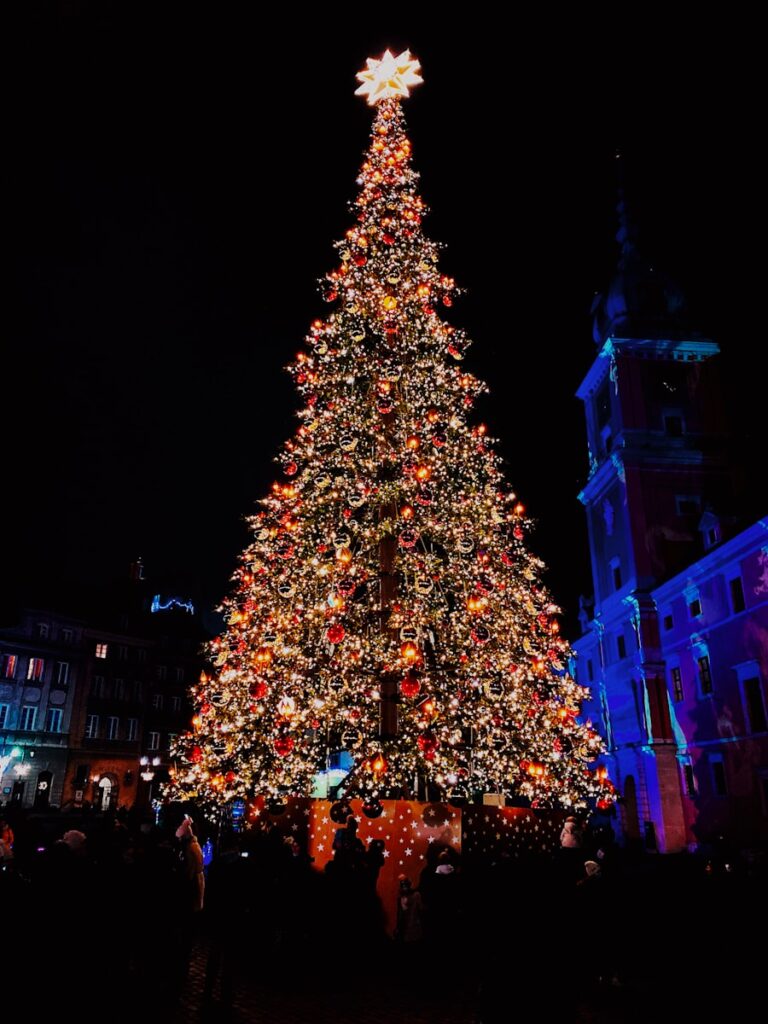
In New York City, natural Christmas trees are banned from retail stores, while Philadelphia prohibits them in high-rise or multi-family residences. The rule exists to minimize fire hazards associated with dried pine needles in crowded spaces. To comply, building owners and shop managers must use artificial trees, which can be purchased and reused yearly. The setup time is similar, but it reduces fire risks and insurance liabilities. This law improves public safety, protects property, and prevents potential disasters. It shows how safety regulations can directly influence how people decorate for the holidays.
7. Christmas Tree Tax in the United States

In 2011, a short-lived tax of 15 cents per wholesale tree was introduced in the United States to fund marketing campaigns promoting real Christmas trees. The cost was usually passed on to consumers, slightly increasing the price per tree. To comply, sellers had to include the fee in wholesale transactions, while buyers simply paid a bit extra at purchase. The rule required minimal time but supported tree farmers in a competitive market. Although quickly repealed after public backlash, it highlights how governments sometimes use small levies to support industries and encourage traditional practices.
8. Crosses Forbidden on Public Christmas Trees
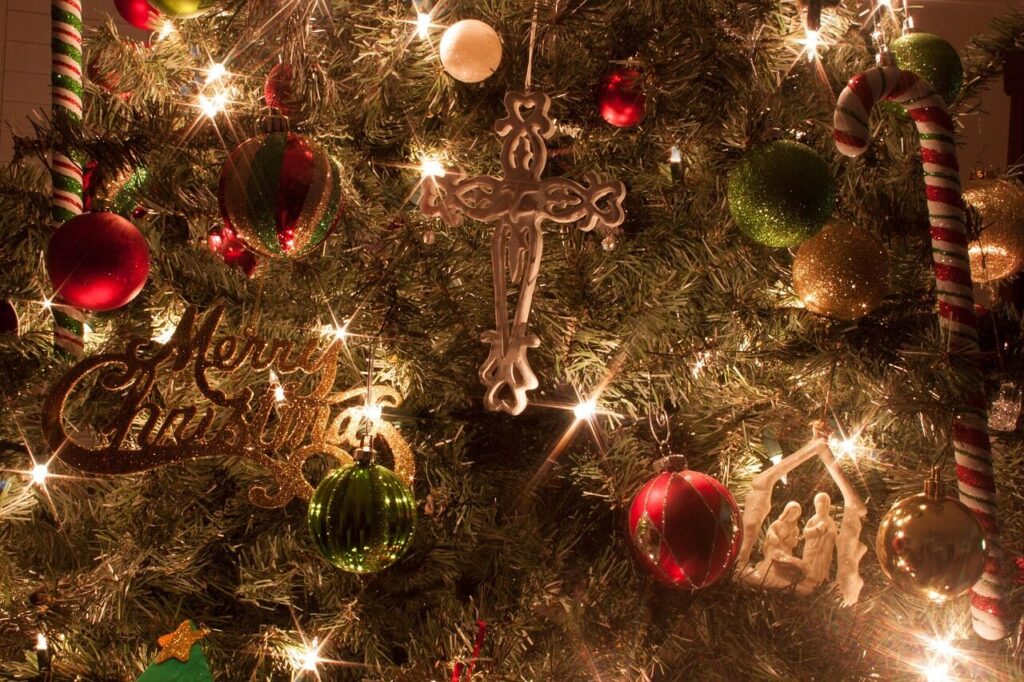
In Knightstown, Indiana, a lawsuit in 2016 led to the removal of a cross from the top of a public Christmas tree. The ruling prohibited overtly religious symbols on government-owned displays. To comply, officials replaced the cross with a star, a more neutral decoration. The process took little time but carried significant cultural weight. Residents can still decorate privately however they wish, but public displays must remain inclusive. This law improves religious neutrality in civic spaces and prevents potential legal disputes. It highlights how constitutional principles influence even small holiday details.
9. Michigan Christmas Tree Receipt Rule

In Michigan, anyone transporting a freshly cut Christmas tree must carry a receipt or proof of purchase. Without it, drivers may be suspected of theft or illegal logging. To comply, one simply needs to keep the receipt handy in the car until the tree is set up at home. This takes seconds at checkout but helps avoid legal trouble. The rule discourages tree theft and protects state forests and tree farms. It improves conservation efforts and ensures fairness for tree sellers. This unusual but practical law blends environmental protection with holiday tradition.
10. Candy Cane Ban in a Nebraska School

In 2018, a Nebraska elementary school principal temporarily banned candy canes and other Christmas-themed items, arguing that they were tied to religious symbolism. Teachers and staff were asked to use neutral decorations instead, such as snowflakes or penguins. To comply, classrooms had to swap traditional holiday sweets for non-religious treats. This rule required only minor adjustments but sparked national debate. While the ban was later lifted, it showed how schools sometimes restrict festive items to maintain inclusivity. The case highlighted the ongoing discussion about religion, education, and holiday celebrations in public institutions.
11. Alcohol Sales Ban on Christmas Day in Arkansas

In Arkansas, it is illegal to sell alcohol on Christmas Day. This restriction applies to both stores and restaurants, meaning that residents must plan ahead if they want wine, beer, or liquor for holiday meals. To comply, consumers simply need to purchase beverages before December 25. The process involves an extra shopping trip but prevents last-minute disappointments. The law improves public order and reflects the state’s cultural traditions. While unusual, it continues to shape how families prepare for celebrations and emphasizes planning over impulse buying.
12. Christmas Lights Removal Deadlines
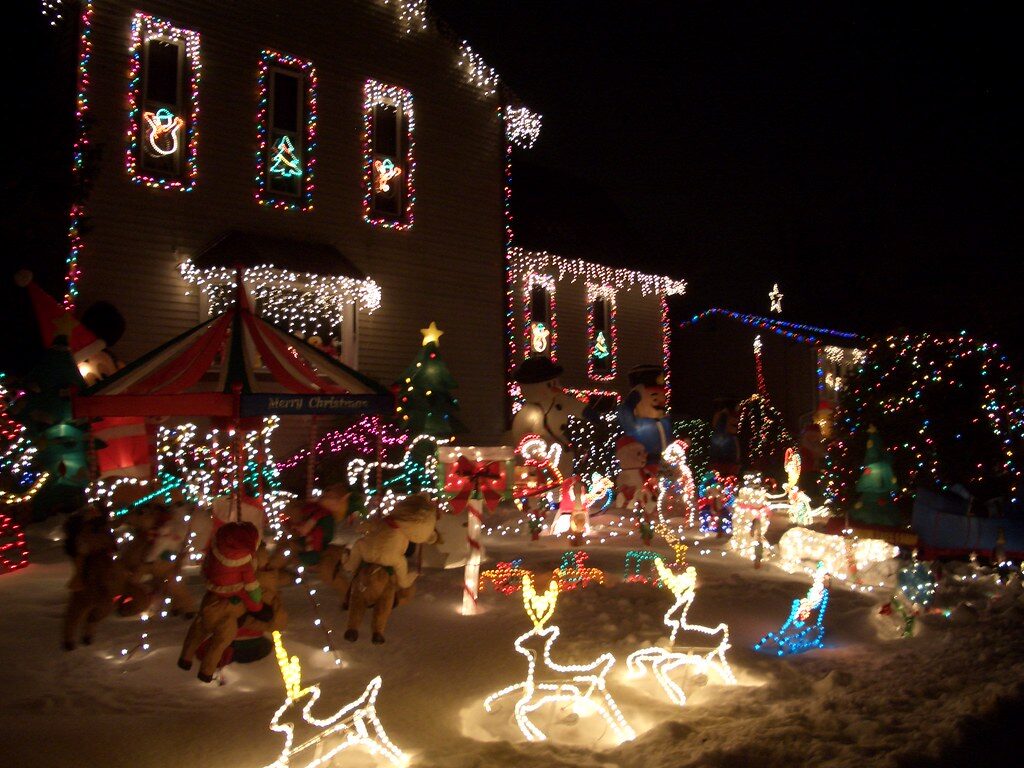
Some cities enforce deadlines for removing holiday lights. In San Diego, lights must be taken down by February 2 or homeowners face fines of up to 250 dollars. In Maine, lights should be removed by January 15. To comply, residents must schedule time to take decorations down, using basic tools like ladders and storage bins. This takes only a few hours but prevents fines and complaints. The rule improves neighborhood aesthetics, reduces fire hazards, and ensures timely seasonal turnover. It reminds families to stay organized and considerate of their communities.
13. Light Trespass Laws in New Jersey and Beyond
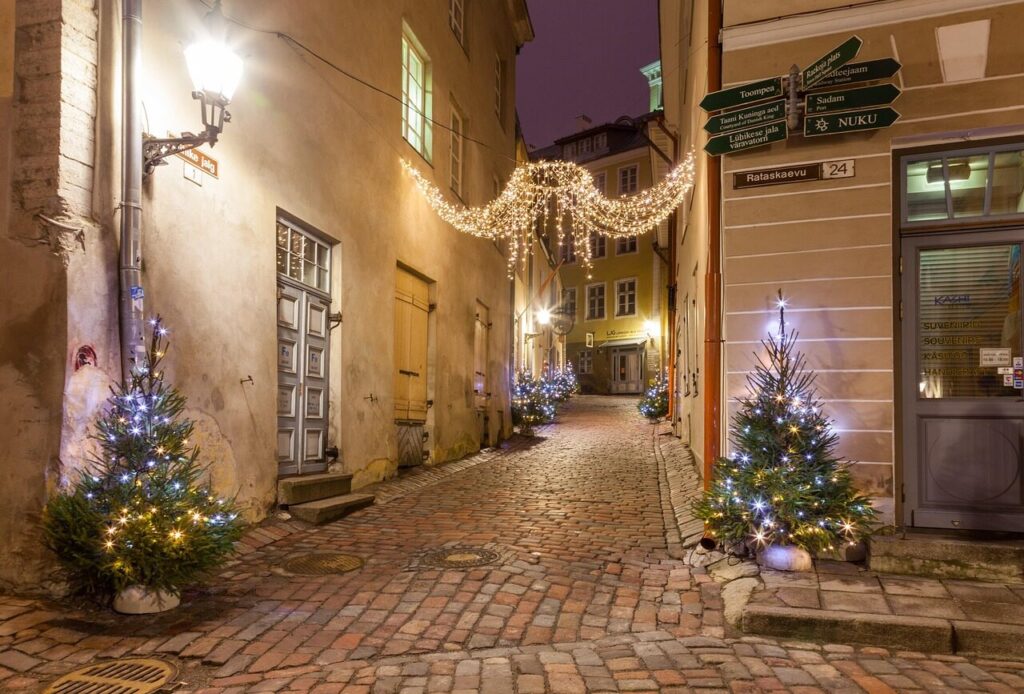
In some areas, including New Jersey, excessive or misdirected Christmas lighting can violate “light trespass” laws. These rules prevent holiday displays from shining into neighbors’ windows or creating excessive glare. To comply, homeowners should position lights carefully, using shields or timers if necessary. The process may take an hour or two during setup but prevents complaints and legal issues. The rule improves neighborly relations, reduces energy waste, and limits light pollution. It shows how even cheerful decorations must balance festive expression with consideration for others’ comfort and rights.
Comments